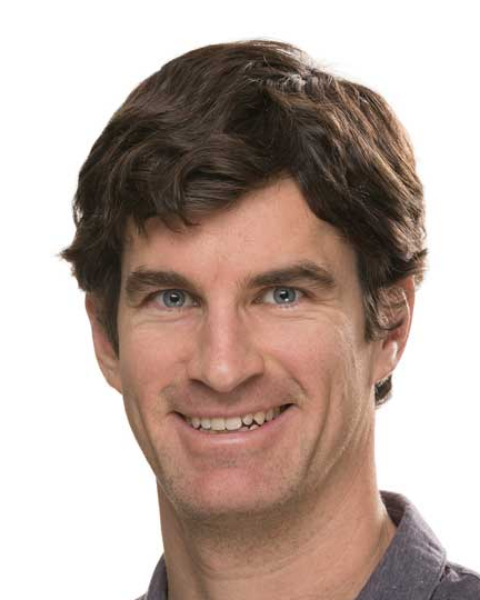
Etienne Laliberté
Université de Montréal, Canada
Etienne Laliberté is a professor at Université de Montréal, where he leads the Laboratory of Plant Functional Ecology. He holds the Canada Research Chair in Plant Functional Biodiversity and is the Principal Investigator of the Canadian Airborne Biodiversity Observatory (CABO). He also acts as co-director of Québec’s Center for Biodiversity Science (QCBS), a network of 105 researchers and over 800 students across Québec. Research in his group focuses on understanding the causes and consequences of changing plant biodiversity. Topics of particular interest include plant functional ecology, plant-soil interactions and the remote sensing of plant biodiversity to guide conservation. He has been awarded the Tansley Medal (New Phytologist Trust) and the William Cooper Award (ESA) for research contributions to plant ecology.
What change do you want to see come to the professional ecosystem of ecology?
What worries me is that environmental problems are accelerating while public mistrust in science is growing. As ecologists we need to ensure that our voices remain heard to guide collective decisions about the future of our planet and humanity. There is no easy single fix to this problem. One place to start as ecologists could be to more fully embrace a near-term forecasting approach to our science, with empiricists and experimentalists working more closely with modellers and vice-versa. Public trust in our science might grow if we were better at making accurate near-term forecasts about the rapidly changing state of our ecosystems. This requires a change in culture in the way many ecologists are trained and work. Such change is happening, but should be accelerated given the urgency to fight climate change and biodiversity loss.
A related challenge and perhaps also a partial explanation for the growing public mistrust in science is that many people and communities do not identify with scientists because the scientific community does not represent society at large. This is especially true in ecology and STEM more broadly which suffer from a lack of diversity. While ecology is a science, much of it is underlain by values (e.g. ecosystem “services”, conservation, restoration) and as such would benefit from more diverse knowledge systems and worldviews. Again, such change is happening, but must be accelerated so that ecology reaches broader audiences.
What is the best piece of professional advice you've received?
That you are only as good as your team, and that most problems stem from poor communication.
What is your greatest professional accomplishment to-date?
Building a strong, interdisciplinary team of researchers across Canada and abroad that has led to the establishment of the Canadian Airborne Biodiversity Observatory (CABO). CABO develops new approaches that integrate field and remote sensing observations to improve our ability to monitor, understand, and forecast changes in plant biodiversity at spatial and temporal scales relevant to decision-making. The next step is to forge new international collaborations with similar initiatives around the world to pave the way for a global plant biodiversity observatory.
How does your identity influence your work?
Being a parent in a world faced with accelerating environmental problems has influenced how I approach my work. We now know that urgent action is required to mitigate climate change and biodiversity loss, and we have a responsibility to future generations to act now. Research in my group has become much more guided by a desire to find solutions to these two major and intertwined environmental challenges.
Poster(s):
- PS 3-36 - Automated identification of tree species using deep learning and drone imagery in a deciduous forestMonday, August 15, 20225:00 PM – 6:30 PM EDT
